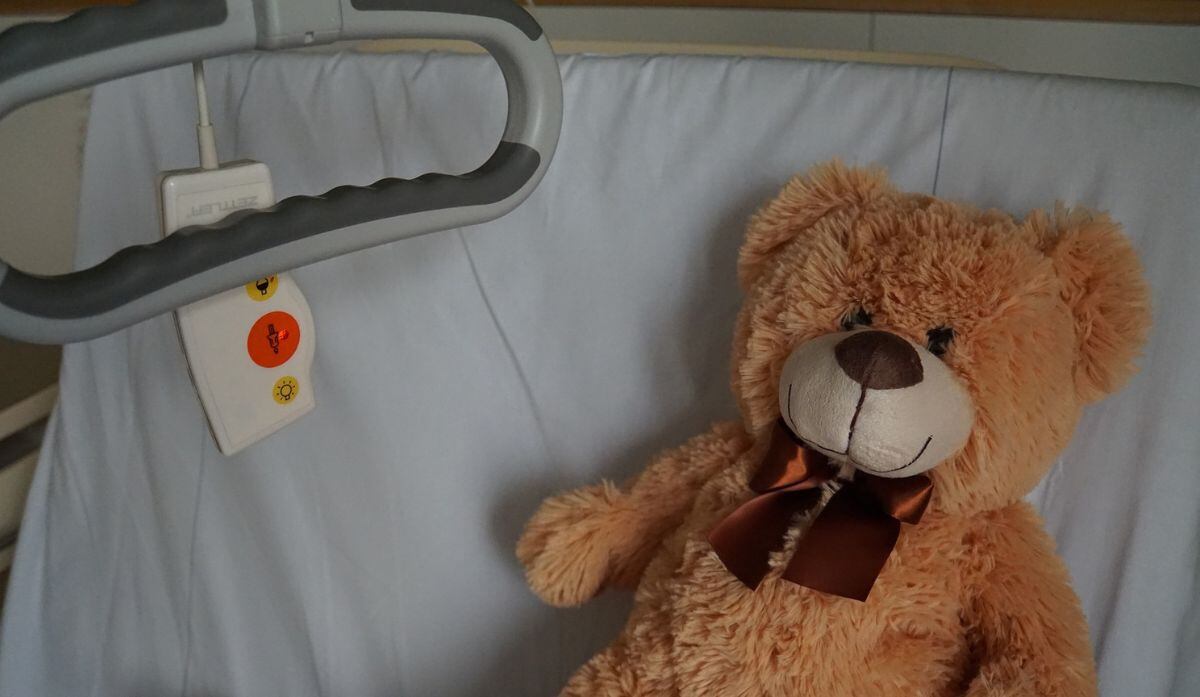
Persistent health problems were slightly more common in children after COVID-19 than in those of a similar age who avoided the virus, researchers from Denmark reported in The Lancet Child & Adolescent Health.
But anxiety levels were higher in children who had never had COVID-19, according to the researchers.
They said that 40% of infants and toddlers with COVID-19 and 27% of those uninfected experienced at least one symptom for more than two months.
Among children aged 4 to 11 years, persistent symptoms were seen in 38% with COVID-19 and 34% without the disease, and among children aged 12 to 14 years, 46% of those with COVID-19. 19 and 41% of those without had lasting symptoms.
The results were based on a survey of nearly 11,000 mothers of infected children and nearly 33,000 mothers of uninfected children.
Long-lasting COVID-associated symptoms, such as headache, mood swings, abdominal pain and fatigue, are typically experienced by otherwise healthy children, but those infected had longer-lasting symptoms and a third had new symptoms that developed after the coronavirus.
To the surprise of the researchers, the children who had COVID-19 experienced fewer psychological and social problems than those in the control group.
They speculated that this might be because uninfected children had more “fear of the unknown disease and more restricted daily life due to protection against contagion of the virus.”
Source: Gestion
Ricardo is a renowned author and journalist, known for his exceptional writing on top-news stories. He currently works as a writer at the 247 News Agency, where he is known for his ability to deliver breaking news and insightful analysis on the most pressing issues of the day.












